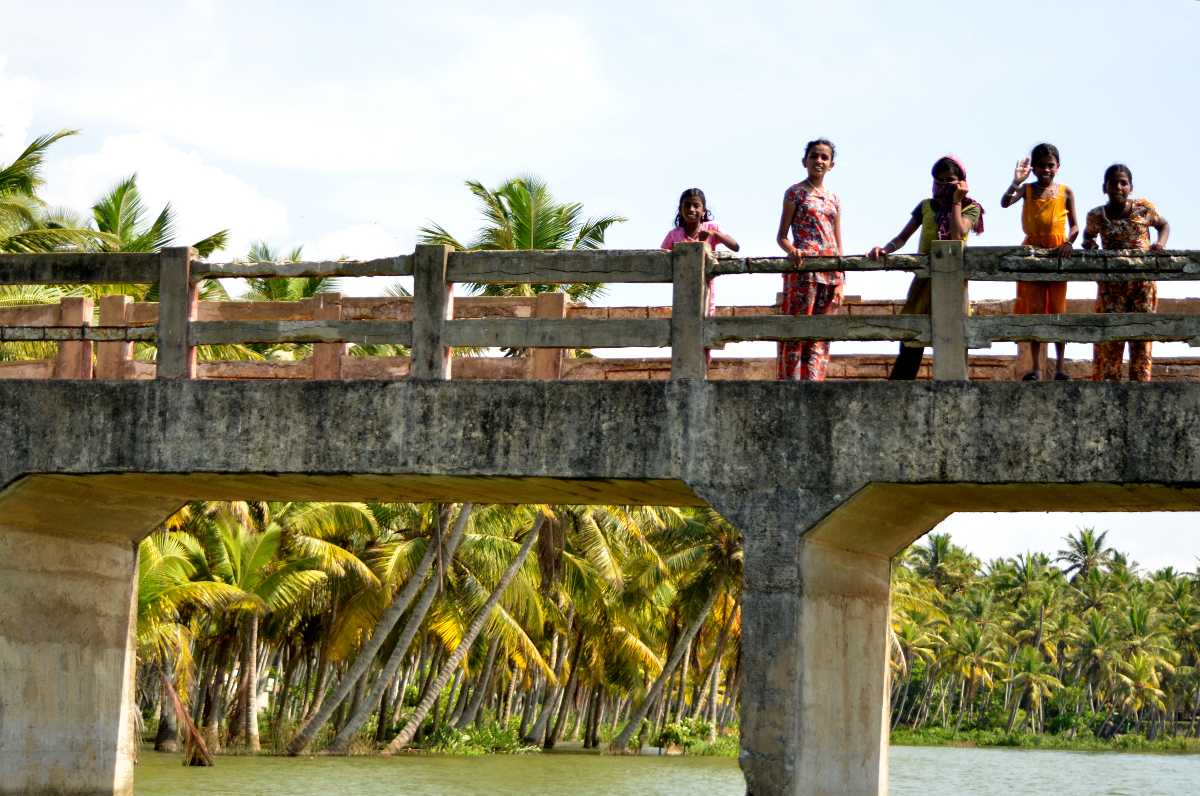1. Environmental
The environment has a big part to play when we talk about tourism. Both the natural (forests, beach, rivers) as well as the manmade (historical sites, museums, ancient buildings) environment must be carefully preserved to promote environmental sustainability. So, we don't deprive the future generations of the resources and the beauty of nature.
2. Socio-cultural
When a destination is flocked by tourists, it is bound to have some social as well as a cultural impact on the community. This often leads to overcrowding, a clash in the place's existing culture and so on. Socio-cultural sustainability aims at minimising the negative impact on the community and promoting positivity. This often includes cultural exchanges, preserving local culture and interacting with the residents. Thus, it is easier to attain sustainability by involving the locals in the community.
3. Economical
Money plays a major role when it comes to economic sustainability in the tourism industry. A hotel or an agency owned and operated by a foreigner will not bring money to the local economy. Thus it is not a sustainable practice. It is important that tourism should involve the locals and also share the financial benefits with them. This would help in building linkages and minimise leakages towards sustainable tourism.
Comparison Between Sustainable Tourism and Mass Tourism
But what exactly is the meaning of sustainable tourism? It is more about being considerate to the local communities. A way of exploring a particular destination that involves respecting the environment, culture and its people. But most of us think that this is a simple definition of travel and the term 'sustainable' is quite unnecessary. Unfortunately, this is not true. Every average traveller is fascinated to explore the world but most of them practice mass tourism. With the increasing popularity of cruise liners, massive beach parties and classic tour packages, mass tourism is growing at an alarming rate despite the world's economic crisis.Unlike sustainable tourism, whose primary focus is to interact with the local culture, mass tourism is more about generating revenue. They do not really prioritise natural resources, local residents or traditions. Most of the money generated goes to the large international companies and do not remain with the destination visited. Sustainable tourism also concerns with providing tourists with a meaningful experience during their travel. Maintaining a high level of satisfaction and raising awareness about sustainability issues also plays an important role in encouraging sustainable tourism practices among individuals.
Why Should You Practice 'Sustainable Tourism'?
Sustainability is often paired with tourism where hotels and tour agencies focus on renewable practices. Even, tourists are increasingly concerned to invest in such ventures. Thus, it is more about participating in those activities that respect the environment and do not exploit the local communities.In case you are still wondering why you should adopt sustainable tourism, here are a few concrete reasons that you must consider.
1. Benefits The Local Community
When you explore an area as a sustainable tourist, the money goes into the hands of the local community. This will bring in more profit to the community and help in their economic growth even after you have left.
2. To Get A Closer Look Into The Local Culture And Environment
When you are supporting local businesses and tour guides, you get to know the truth about their environment, tradition and culture. You get a glimpse into the life as a part of the community rather being fed with the scripted information.
3. Prevents Disturbing The Local Community
When tourism enters a destination previously untouched, it often disturbs the local community. Major businesses do not tend to care about the survival of the people living there and here sustainable tourism has a major role to play. They encourage the existence of the communities and also take part in profitable tourism by involving the residents.
4. Creates A Better Place To Live
Sustainable tourism is not only about creating better tourist destinations but also about creating better places to live in. They help at preserving the natural environment and culture by empowering and employing the locals without the need to change it for the tourists.
5. Conserves Natural Resources
Natural resources are non-renewable and therefore conserving them is of utmost priority. Sustainable tourism takes care of our planet's ecosystem and avoids damage or depletion. This can often be done by participating in conservationist tourist activities.
6. Duty Towards The Environment
Supporting sustainable tourism is our duty toward the environment. Firstly, there is nothing to lose when you take part in the movement. Secondly, there is a guarantee that the places you have visited (dense forests, idyllic beaches, quaint towns) will thrive in the near future.
Sustainable Tourism Practices
- Educate yourself before travelling to a particular destination
- While planning a trip, only take help from suppliers who respect the environment
- Abide by the rules and regulations in wildlife sanctuaries and conservation reserves
- Find out ways to make the least possible impact on the places you are visiting
- Support the local economy by buying souvenirs and gifts from the small shops
- Never purchase items made from corals or other endangered species
- When you are visiting a place, do not leave any garbage behind
- Always carry the used batteries back home if the place has no recycling program
- Respect the culture, tradition and food habits of the local communities
- Try to minimise waste generation
- Support local and responsible tourism organizations
- Never harm the environment so that this planet becomes a better place to live in
Without the practice of sustainable tourism, every travel destination would offer the same experiences and services. In addition, travelling will become expensive and a rare thing to do. It is important to consider the fact that not every community are the same and therefore experiences should also be different. Sustainable tourism retains the true flavour of a place and preserves the things that make it truly special.
